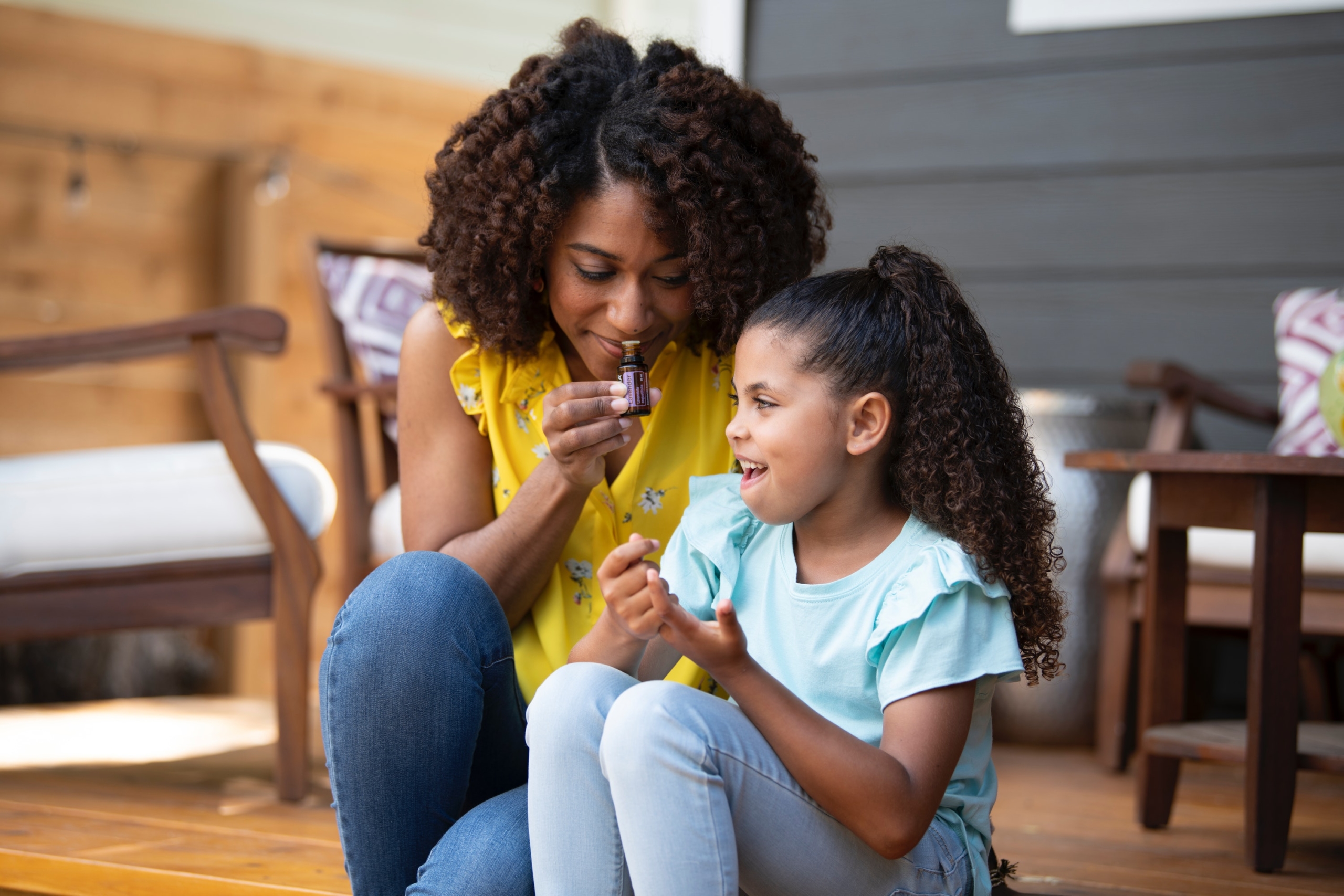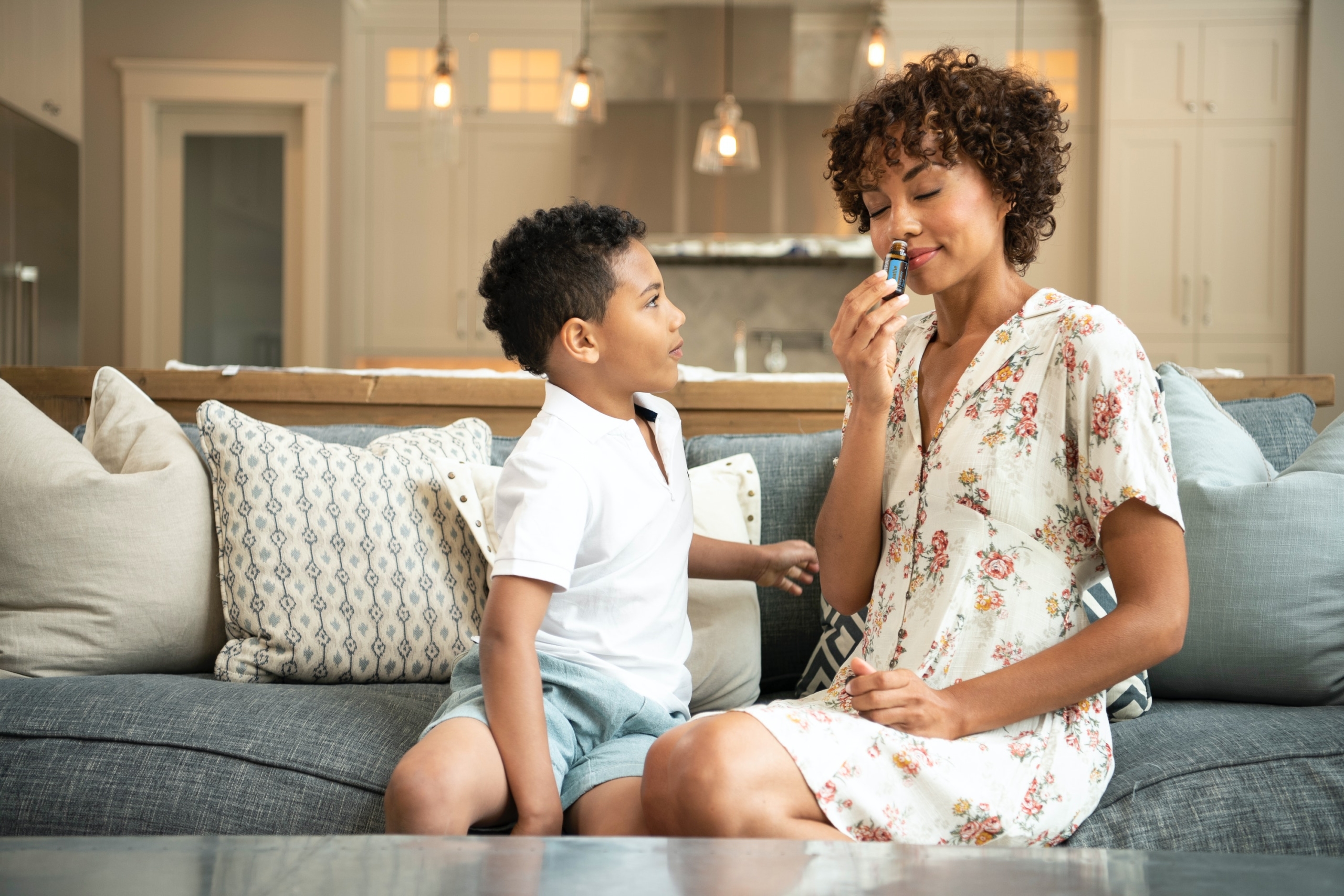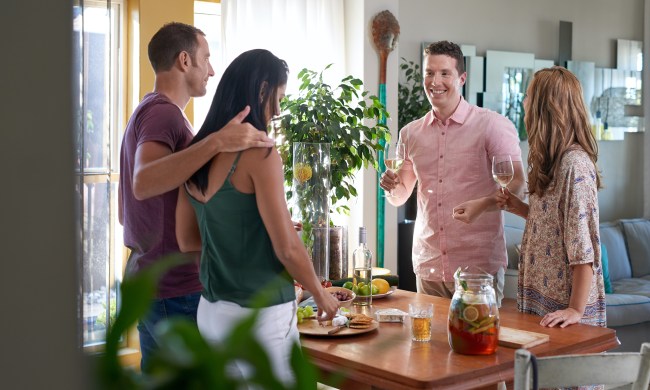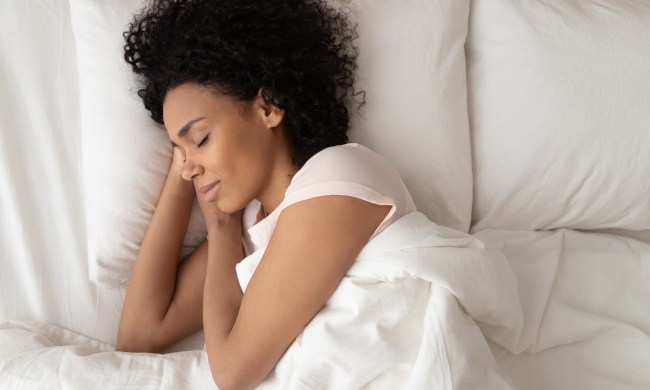When you think about aromatherapy, what’s the first image that comes to mind? To some, essential oils bring to mind “woo science” that doesn’t work, or if it does, is the result of a placebo effect. Others consider the use of essential oils to be nothing more than a pleasant-smelling fad.
The truth is that aromatherapy and the use of essential oils have existed for thousands of years, dating back to Chinese, Indian, Greek, Egyptian, and Roman ancient civilizations. More recently, aromatherapy has gained ground within the fields of modern medicine for its benefits to mental health.
In fact, the peer-reviewed Journal of the Royal Society of Health notes that: “Aromatherapy’ is one of the most actively growing forms of alternative medicine.” Whether you use aromatherapy as part of your health practices or have just recently typed “How do you use essential oils” into a search engine, keep reading to learn more about the benefits of aromatherapy and what it can do for you.

Aromatherapy’s long history
For thousands of years, countries like India, Egypt, and China have integrated fragrant plants’ components, such as oils, resins, and balms, into their health practices. In ancient times, people used the elements of these plants religiously as well as medicinally, as they recognized the psychological and physical benefits.
While modern medicine, which has focused on developing chemical drugs to fight disease, began to take off in the 19th century, natural-remedy doctors continued to recognize that some botanicals effectively treat various illnesses.
The French chemist and perfumer René-Maurice Gattefossé coined the term “aromatherapy” in his book “ Gattefosse’s Aromatherapy
What are the benefits of aromatherapy?
Aromatherapy is not a cure-all: It doesn’t cure illnesses, diseases, or rashes. However, many health practitioners use it to support current, standard treatments and alleviate symptoms.
Essential oils can aid in the treatment of the following conditions:
- Alopecia
- Nausea
- Menstrual issues
- Menopausal issues
- Pain and body aches
- Circulatory issues
- Anxiety
- Depression
- Muscular aches
- Headaches
- Fatigue
- Insomnia
- Psoriasis
Additionally, aromatherapy can enhance your day-to-day functioning, improving quality of sleep, fighting bacteria, and boosting immunity.
As with starting any new routine or treatment, consult your doctor or healthcare professional first.

How does aromatherapy work?
The key to aromatherapy is smell and skin absorption.
There are nearly a hundred types of essential oils available on the market today. These can be bought online, in supermarkets, health food stores, or boutique shops that cater to alternative medicine and spirituality.
When buying essential oils, it’s crucial to buy from a reputable merchant since the FDA does not regulate these products. Therefore you have to do your own research to ensure that any oils you buy are 100 percent natural and do not include any chemical or synthetic additives.
The best methods of dispersing essential oils include:
Clay masks
- Diffusers
- Aromatic spritzers
- Bathing salts
- Inhalers
- Facial steamers
- Hot and cold compresses
- Body oils, lotions, or creams for topical application or massage
How to use essential oil diffusers
One of the most popular methods of dispersing essential oils for aromatherapy is diffusion. An essential oil diffuser scatters (diffuses) essential oils into the air.
If you purchase one, you’ll need to pay attention to the manufacturer’s instructions to maintain safety. There are many different types that all require their own methods for refilling, cleaning, and maintaining a safe product.
Various kinds of diffusers
We recommend the following types of diffusers, as they are safe, effective, and easy to use:
Ultrasonic
- Ceramic
- Reed diffuser
- Electric
- Candle
- Lamp rings
Key takeaways
Whether you are looking to de-stress or wish to use essential oils to treat pre-existing conditions, diffusing essential oils into your space can improve your day-to-day functioning and make sure you and your room smell great while doing it.
Don’t be afraid to get creative! It’s possible to use essential oils by simply inhaling them, but you can also add them to a carrier oil to infuse into a bath, shampoos, and body washes!
Be careful when using essential oils and never place an undiluted oil directly on your skin. Last, be attentive to any possible allergic reaction, and speak to a doctor if you notice any irritation.
BlissMark provides information regarding health, wellness, and beauty. The information within this article is not intended to be medical advice. Before starting any diet or exercise routine, consult your physician. If you don’t have a primary care physician, the United States Health & Human Services department has a free online tool that can help you locate a clinic in your area. We are not medical professionals, have not verified or vetted any programs, and in no way intend our content to be anything more than informative and inspiring.


